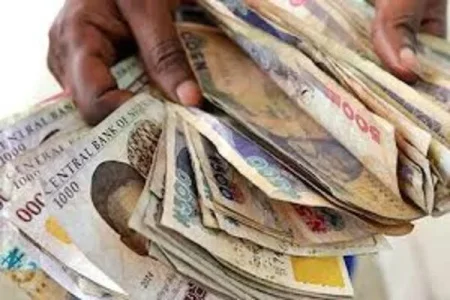
Nigeria's Naira has fallen to the world's third worst-performing currency, losing about 70% of its value against the dollar. A recent 4.3% drop to 1,670.65 Naira per dollar highlights ongoing liquidity issues in the foreign exchange market, exacerbated by declining crude oil production.
The Nigerian Naira has officially become the third worst-performing currency globally, trailing behind the Lebanese Pound and the Ethiopian Birr. Recent data indicates that the Naira has lost approximately 70% of its value against the U.S. dollar, exacerbated by a 4.3% decline on Monday, bringing the exchange rate to 1,670.65 Naira to one dollar. This marked the steepest drop since mid-October and is a reflection of the ongoing liquidity crisis in Nigeria's foreign exchange market.
The central bank's efforts to build foreign reserves have led to a dramatic reduction in dollar liquidity, which plummeted 72% to a mere $81 million, the lowest it has been in over a month. Despite an increase in reserves to $39.4 billion—its highest level in two years—the government’s prioritization of reserve accumulation appears to be at odds with the immediate need to stabilize the Naira.
Since the Naira was allowed to float freely against the dollar in June of last year, it has faced significant challenges. These difficulties are primarily linked to Nigeria’s declining crude oil production, which has reached levels not seen since 1992. Finance Minister Wale Edun emphasized that increasing oil output is critical to improving foreign exchange reserves and ultimately strengthening the Naira.
The financial landscape remains fraught as the government grapples with these issues, leaving everyday Nigerians to contend with the ramifications of a weakened currency.




